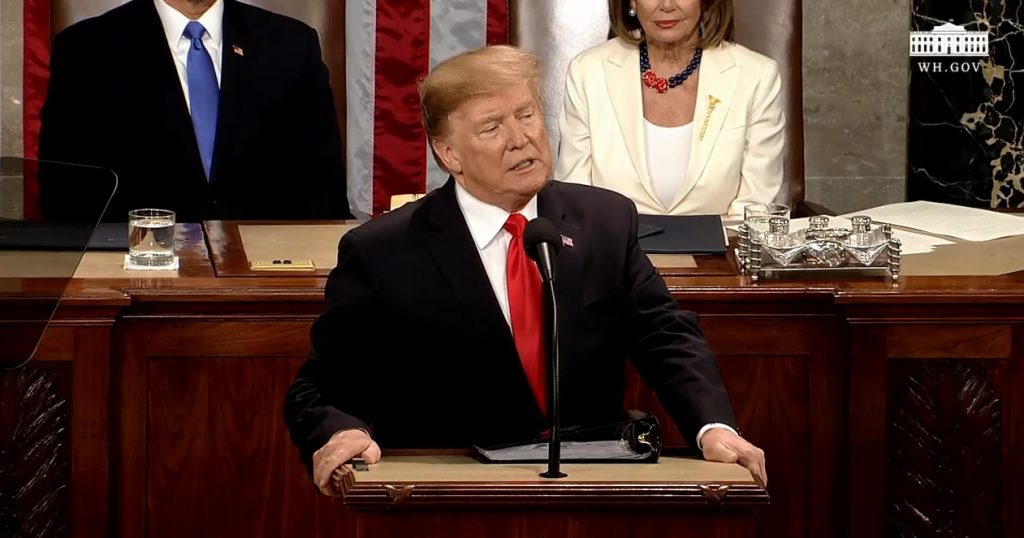Did Trump Commit a High Crime or Misdemeanor? What the Constitution says About Impeachment
“He acts in his own interest, he is not confined by rules, he lies all the time,” says Richard Primus of President Trump.


This week the impeachment inquiry moves from the U.S. House Intelligence Committee to the Judiciary Committee.
The process continues to be a partisan affair with Democratic and Republican lawmakers adopting contrasting outlooks on impeachable offenses.
Richard Primus, University of Michigan constitutional law professor, joins Detroit Today with Stephen Henderson to sort through the politics of the inquiry and discuss impeachment as presented in the constitution.
First and foremost, Primus outlines impeachable offenses as treason, bribery and high crimes and misdemeanors.
The latter has become a mainstay in the public lexicon, as lawmakers debate over what exactly high crimes and misdemeanors are. Primus says it is an umbrella term for behaviors that subvert the constitution and that are fundamentally contrary to how the democratic system is supposed to work.
Primus believes President Donald Trump has committed bribery as well as high crimes and misdemeanors. Buried in the current scandal of President Trump withholding aid to Ukraine in return for personal political gain, he says, is the erosion of the integrity of American elections. Primus says, “Worst yet, is the attempt to corrupt the system of elections.” This is particularly dangerous, says Primus, as elections are the only opportunity the general public have to correct public officials’ bad behavior. He asserts that President Trump is actually impeachable for numerous reasons. This current scandal is just the most serious to date, he says.
